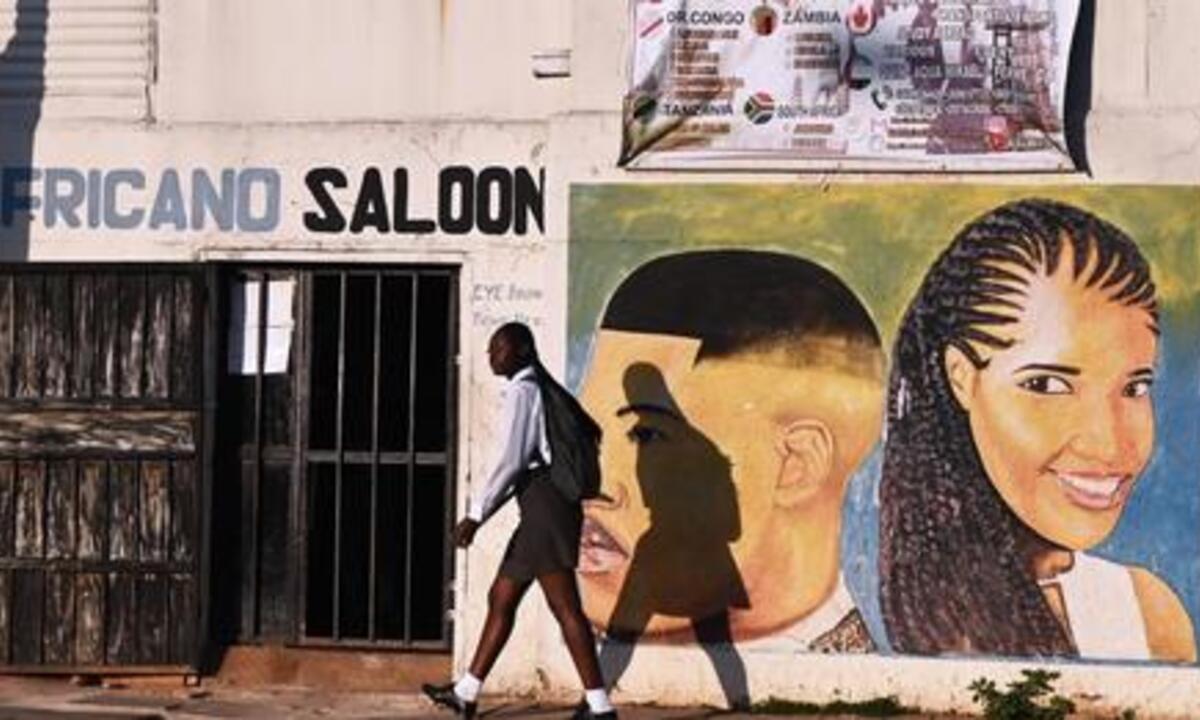News
Neglected Yeoville: Johannesburg’s Forgotten Inner-City Neighborhood

Residents, leaders, and community activists in Yeoville—a diverse, pan-African Johannesburg neighbourhood just east of the CBD—argue that government neglect, service delivery failures, and a high crime rate make life increasingly difficult for its residents.
Kumi Naidoo, a human rights activist who has lived in Yeoville for 25 years, stated that government neglect and the resulting challenges in the neighbourhood represent a broader failure by the South African state to fulfil the Constitution’s promises of progressively expanding human rights throughout the country.
“Our Constitution says there should be a progressive realisation of rights, so… from where you start, you should be showing that you are broadening access to health, education, and so on,” Naidoo said. “But what you’re seeing in a community like Yeoville is a diminishing of social and economic rights” as reported by the Daily Maverick.
Certain parts of Yeoville have been without consistent running water for over two months. Potholes have become so severe that some streets are no longer safe to drive on. Moreover, garbage collection is unreliable, and illegal dumping sites are increasing, posing health risks.
Also Read: Community Unites in Prayer for Edenvale
Yeoville has experienced significant demographic and cultural changes in the past fifty years. It was one of the first areas settled in Johannesburg in the late 19th century and became a hub for European immigrants, particularly Jews, during apartheid. While initially designated as a whites-only neighbourhood under the Group Areas Act, Yeoville attracted left-wing activists, and in the 1960s, even Nelson Mandela sought refuge there.
Flo Bird, the chair of the Johannesburg Heritage Foundation and a former resident of Yeoville during the 1960s recalls that service delivery was well-maintained at the time, including garbage collection, road maintenance, and health clinics.
However, Yeoville’s racial makeup began to change in the late 1980s as black, Indian, and coloured people started moving into the previously white-zoned neighbourhood. This trend accelerated after the Group Areas Act was overturned in 1991, allowing non-whites to legally reside in these areas. The neighbourhood also experienced an influx of refugees and immigrants from various African countries in the 2000s, reflecting Johannesburg’s status as a pan-African metropolis.
Residents believe that government neglect, service delivery failures, and urban decay in Yeoville are linked to the demographic changes of the 1990s and 2000s, exacerbated by the COVID-19 pandemic. They argue that corruption, crime, and policing issues are prevalent, with a corrupt police force colluding with organised crime and failing to ensure the safety of residents.
The community faces five main challenges, as identified by the Yeoville-Bellevue Ratepayers Association: lack of community cohesion, unemployment, service delivery failures, substance abuse among young people, and crime. The dishonesty and corruption within the government, including the police and state-owned enterprises, have contributed to these issues.
Residents also expressed concerns about water supply problems, inadequate garbage collection, and poor road maintenance. Some have been without running water for extended periods, relying on inconsistent water tankers. The lack of clear communication from authorities has led to suspicions of vandalism or corruption behind the frequent water outages. Road maintenance is lacking, resulting in numerous potholes that make some streets impassable. Garbage pickup has also become irregular, and unhoused individuals burning rubbish worsen air pollution.
Many residents believe that the large immigrant and refugee population influences government neglect in Yeoville, some of whom are undocumented and unable to vote. Falling property values have also contributed to the government’s lack of attention, as the neighbourhood generates limited revenue due to low-rate payments.
Despite these challenges, community activists remain hopeful about Yeoville’s future. They emphasise the neighbourhood’s advantages.
Also Read:
Follow us on Google News
Photo: Facebook / @Daily Maverick





















